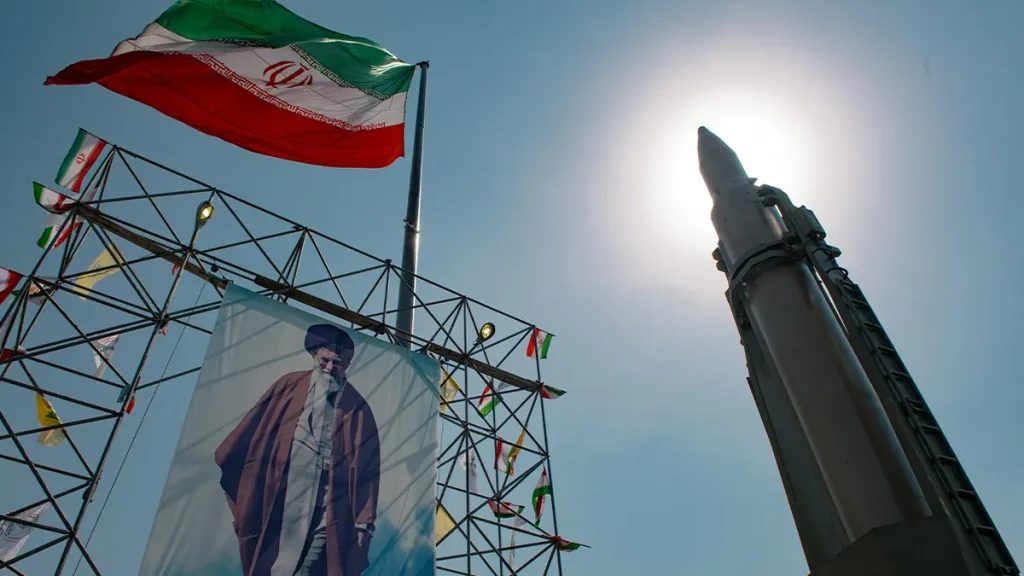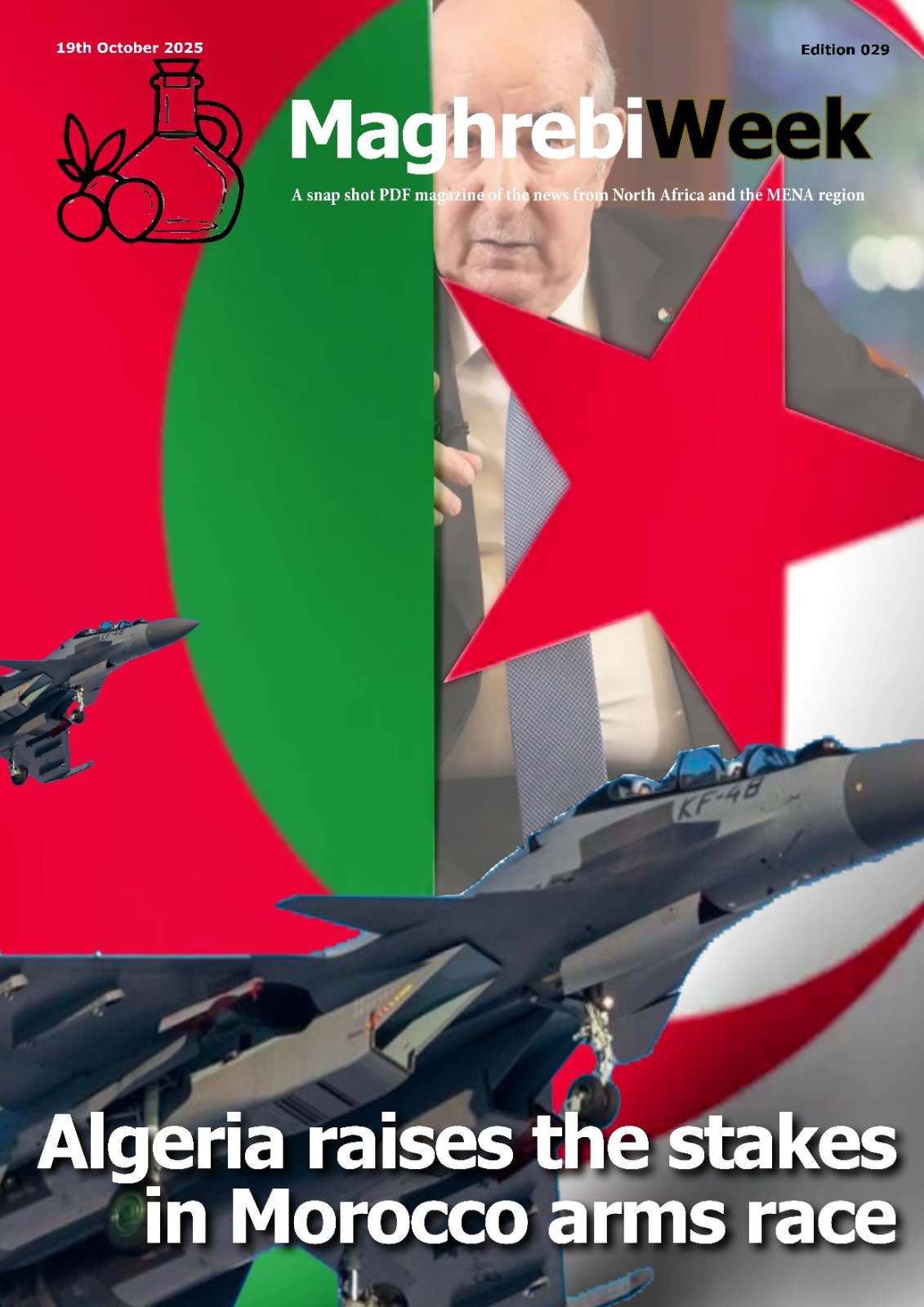Iran considers restrictions on nuclear programme “terminated”

Iran announced on October 18th that it is no longer bound by the restrictions set under the 2015 nuclear agreement, formally marking the end of the deal that sought to curb its nuclear activities in exchange for sanctions relief, as reported by The National via AFP.
Iran’s Foreign Ministry said in a statement that “all of the provisions (of the 2015 deal), including the restrictions on the Iranian nuclear programme and the related mechanisms, are considered terminated.” It added that Tehran “firmly expresses its commitment to diplomacy.”
The Joint Comprehensive Plan of Action (JCPOA) was signed in 2015 by Iran and six world powers; the United States, the United Kingdom, France, Germany, Russia and China and was endorsed by UN Security Council Resolution 2231.

The accord lifted international sanctions in return for limits on Iran’s uranium enrichment and other nuclear activities.
The deal began to unravel in 2018, when the United States, under President Donald Trump, withdrew from the agreement and reimposed economic sanctions. In response, Iran gradually expanded its nuclear programme beyond the limits allowed by the JCPOA.
Attempts to restore the deal failed, and in August 2025, Britain, France and Germany triggered the “snapback” mechanism, leading to the reimposition of UN sanctions the following month. Tehran dismissed this move as “null and void,” arguing that the Europeans had no legal authority to revive sanctions after Washington’s withdrawal.
Tensions surrounding Iran’s nuclear programme escalated sharply in June 2025, when the United States and Israel carried out coordinated strikes on Iranian nuclear and military facilities during a 12-day conflict. The attacks, which targeted sites linked to uranium enrichment and missile development, caused significant damage and further eroded trust between Tehran and the West.
Although the US-Israeli strikes set back Iran’s nuclear programme by up to 2 years, the West is scrambling to force Iran back to the negotiating table through the reimposition of sanctions. Trump however doesn’t feel the need for such urgency, and stated that the US is in “no rush” to make a deal with Iran.
Following the official expiration of Resolution 2231, Iran now maintains that all previous UN restrictions have ended. Foreign Minister Abbas Araghchi said the resolution’s termination “removed Iran from the Security Council’s agenda,” and declared that Tehran would proceed without limits in developing its nuclear programme.
However, Araghchi added that Iran would continue to uphold its obligations under the Nuclear Non-Proliferation Treaty (NPT) and cooperate with the International Atomic Energy Agency (IAEA) within that framework.
In a letter to UN Secretary-General Antonio Guterres, Araghchi argued that any U.S. or European attempts to reinstate sanctions would be invalid following the resolution’s expiration. The Foreign Ministry also called on the Security Council to treat Iran like any other non-nuclear-weapon state party to the NPT.
Tehran accused the UN of aligning with Washington and ignoring the positions of Russia and China, which had both opposed the reimposition of sanctions. Before the snapback’s activation in September, Moscow and Beijing had submitted a joint proposal to prevent it, although the plan was not adopted.
The JCPOA’s official expiration closes a significant chapter in the evolving saga of Iran’s nuclear capabilities, leaving the future of Iran’s nuclear programme uncertain and tensions between Tehran and the West unresolved.
The National via AFP, Maghrebi.org
Want to chase the pulse of North Africa?
Subscribe to receive our FREE weekly PDF magazine














